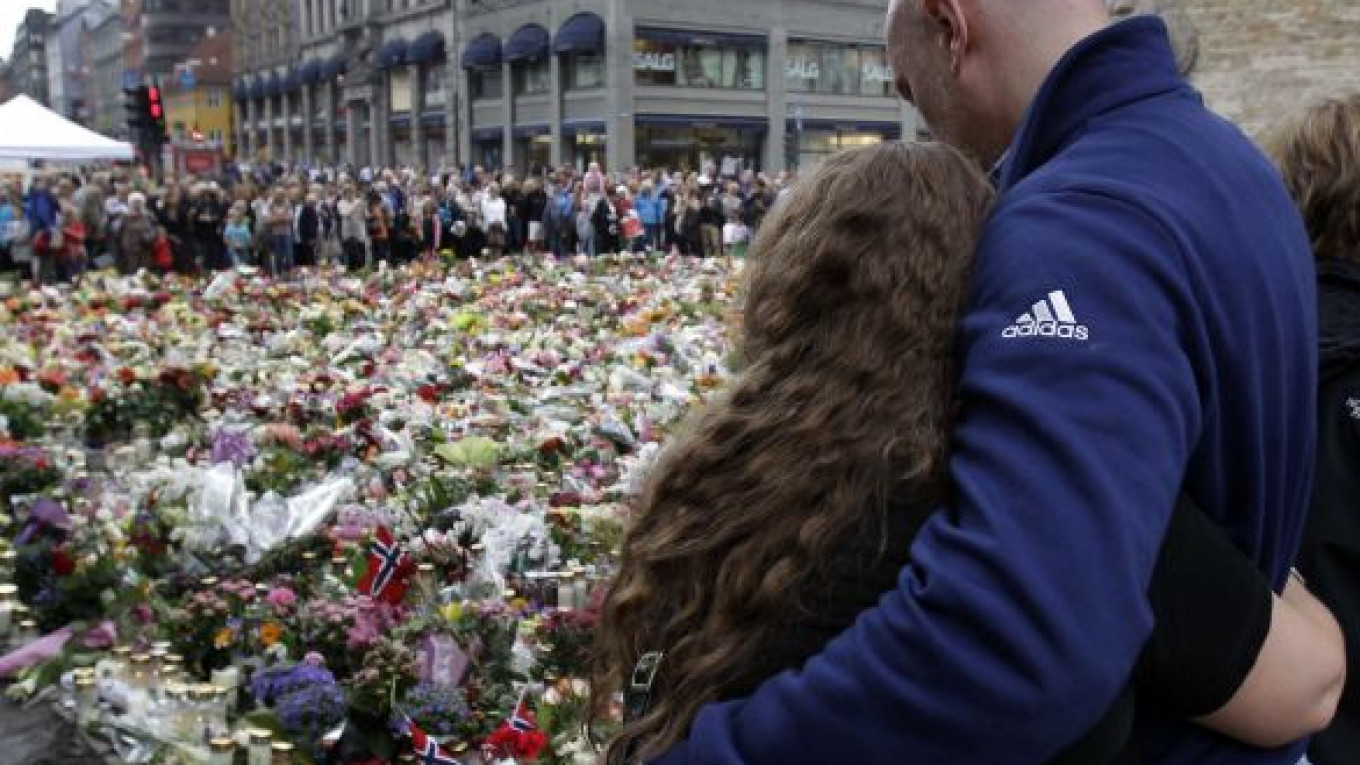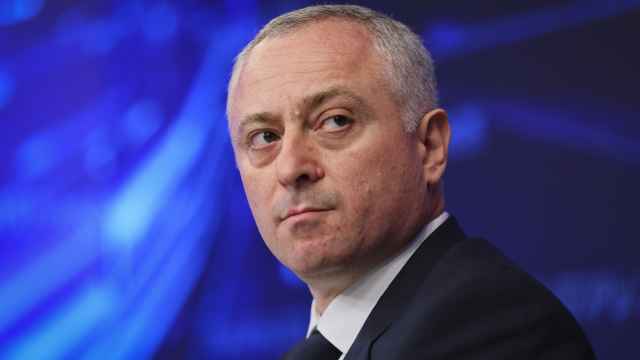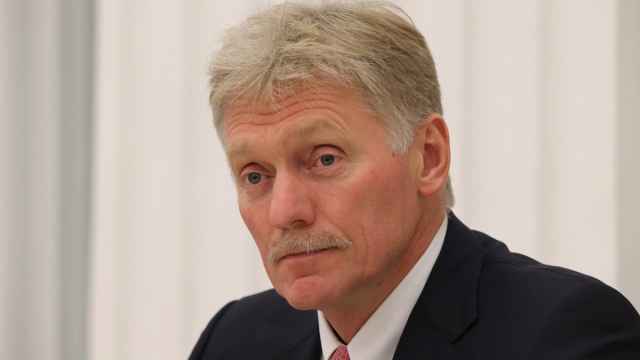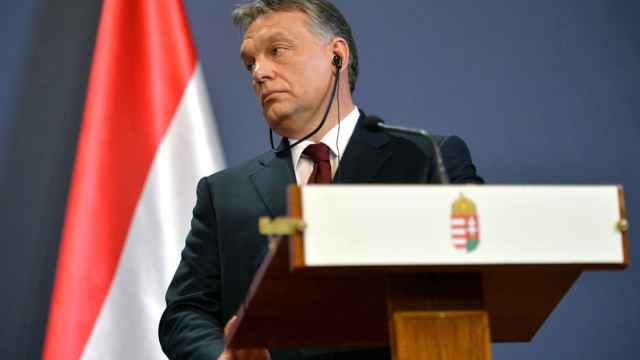A spokesman for Prime Minister Vladimir Putin has denounced the Norwegian ultranationalist charged with killing scores of people in a rampage last week as "the devil incarnate" — even though the suspect has professed his respect for Putin.
Dmitry Peskov's sentiments were shared by many Norwegians, who tried to storm a police car bringing the suspect, Anders Behring Breivik, to court Monday. Hundreds of Russians, however, think otherwise, flocking to online groups backing him on the Vkontakte social networking site.
Breivik has admitted to leaving a powerful car bomb near government buildings in Oslo, killing at least seven people, on Friday and then going on a shooting spree at a ruling Labor Party-sponsored summer camp on a nearby island. Police, who earlier said 86 people were killed on the island, said Monday that the actual death toll was 68.
An Oslo judge on Monday denied Breivik's plea for an open trial, Reuters reported. He also ordered Breivik placed in solitary confinement for eight weeks, during which time the police will prepare the case against him.
The terrorism charges pressed against Breivik carry a maximum sentence of 21 years in prison, but authorities would be able to extend his sentence every five years indefinitely if they rule him a threat to society.
Breivik initially said he acted alone, but conflicting statements from him caused the police to press ahead in their efforts to identify possible accomplices, news reports said.
Breivik, 32, expressed a hard-line anti-Islamic stance in a 1,500-page English-language manifesto for "cultural conservatism" online shortly before the rampage. Parts of it were plagiarized from writings of jailed U.S. citizen Theodore Kaczynski, known as the Unabomber.
In the manuscript, Breivik denounced many Norwegian and European leaders, including Angela Merkel of Germany, Nicolas Sarkozy of France and former Norwegian Prime Minister Gro Harlem Brundtland, known at home as the "mother of nation" but accused by Breivik of fostering multiculturalism.
Two noted exceptions to the criticism are Pope Benedict XVI and Putin, whom Breivik calls "a fair and decisive leader, deserving of respect."
"At this stage I am not sure whether in the future he will be our best friend or our worst enemy. … But I'd rather not have him as an enemy," Breivik wrote.
He also said Europe's "dysfunctional" democracy of the masses should be replaced by a "controlled" one modeled on the current Russian system, and he praised the pro-Putin youth group Nashi as an example of an "'untainted' conservative patriotic youth movement" that Norway should emulate.
Breivik added that he knew Putin would have no choice but to publicly denounce him.
While Putin has not commented on the manifesto, his spokesman Peskov Kommersant in comments posted online Monday that Breivik was "raving mad" and so were his writings.
Young people at the summer camp at the Tver region's Lake Seliger, organized jointly by Nashi and the government, held a moment of silence Monday for those killed in Norway, Interfax said.
But several pro-Breivik groups popped up on Vkontakte soon after the massacre, RIA-Novosti reported. Their founders remained unclear, but a spokesman for the social network promised to close the groups.
The piles of flowers grew Monday outside the Norwegian Embassy as people stopped by to pay their respects and write their condolences in a guest book.
The small Russian community in Norway remained "in shock" after the tragedy, said Tatiana Reiersen, head of the Norwegian-Russian Society of Oslo. "For us, it is a second motherland," she said.
Reiersen also said immigration rules in Norway might be tightened following the massacre.
Her prediction was echoed by some Russian bloggers who appeared to overlook the fact that such a tightening was exactly what Breivik advocated.
A Norwegian diplomat said a crackdown on immigrants was unlikely. The diplomat, who spent several years stationed in Moscow, spoke on condition of anonymity because he was not authorized to talk to the media.
Asked what Russia could learn, he said: "More freedom of speech — aka let the opposition get more time and dialogue."
A Message from The Moscow Times:
Dear readers,
We are facing unprecedented challenges. Russia's Prosecutor General's Office has designated The Moscow Times as an "undesirable" organization, criminalizing our work and putting our staff at risk of prosecution. This follows our earlier unjust labeling as a "foreign agent."
These actions are direct attempts to silence independent journalism in Russia. The authorities claim our work "discredits the decisions of the Russian leadership." We see things differently: we strive to provide accurate, unbiased reporting on Russia.
We, the journalists of The Moscow Times, refuse to be silenced. But to continue our work, we need your help.
Your support, no matter how small, makes a world of difference. If you can, please support us monthly starting from just $2. It's quick to set up, and every contribution makes a significant impact.
By supporting The Moscow Times, you're defending open, independent journalism in the face of repression. Thank you for standing with us.
Remind me later.






